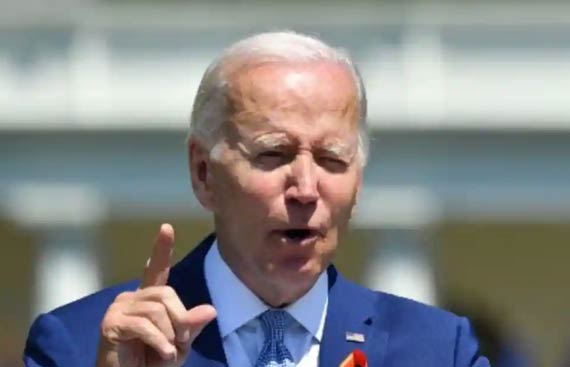US President Joe Biden Welcomes India-UAE Free Trade Pact come into Force

US President Joe Biden, welcomed UAE’s economic initiatives including recent Free Trade Agreements as strengthened policies against financial crimes and illicit money flows
On Saturday, July 16th, United States President Joe Biden welcomed the United Arab Emirates-India Free Trade Agreement (FTA). Abu Dhabi signed during his talks with President Sheik Mohamed bin Zayed Al Nahyan. Following the signing, the UAE and US Presidents held talks in Jeddah during the latter’s Saudi Arabia visit. According to the statement from the White House, President Biden welcomed the UAE’s economic initiatives throughout the Middle East and beyond, including countries like Israel, India, and Indonesia, with which recent Free Trade Agreements were signed, as well as new investments in Jordan and Egypt.
India and the UAE signed free trade agreements earlier this year that became a key component of enhancing economic cooperation. The FTA is India’s first comprehensive trade agreement in a decade and under the deal. Consequently, the UAE’s GDP is anticipated to grow by 9 billion USD by 2030 and, beyond that, a market for Indian products in the entire West Asian region. The I2U2 summit held last week saw comments on improving partnerships with mutual interests, which included the leaders from India, Israel, the UAE, and the US. It was the first ever I2U2 virtual summit that was conducted in a hybrid model. The summit focused on tackling the greatest contemporary challenges through improving joint investments and new initiatives in water, energy, transportation, space, health, and food security. The US also welcomed economic opportunities, including the advancement of economic cooperation in the Middle East and South Asia and the promotion of sustainable investment amongst the I2U2 partners.
The summit discussed innovative ways to ensure long-term and diversified food production and delivery systems. Other than the food security crisis, it also talked about advancing renewable energy projects. The establishment of food parks and renewable energy were the key announcements for India. Leaders welcomed India’s interest in joining the US, the UAE, and Israel in the Agriculture Innovation Mission for Climate initiative (AIM for Climate). It will lead the nations to a long-term strategic partnership to improve investments, trade, sustainability and resilience through partnerships in science and technology.
Therefore, the summit concluded with various benefits for India, such as integrating food parks across India to reduce food waste and spoilage, conserving fresh water, and employing renewable energy sources. The US and Israeli private sectors will offer innovative solutions to the sustainability of the project. The summit will also advance a hybrid renewable energy project in India. The United States and Israel showed interest in working with the UAE and India to highlight private sector opportunities. As a result, India is poised to become a global hub for alternative supply chains in renewable energy.
